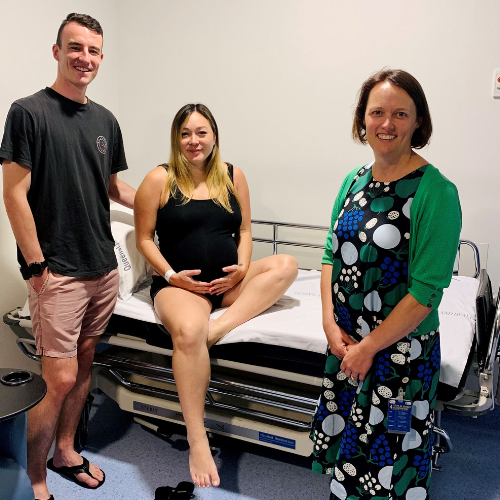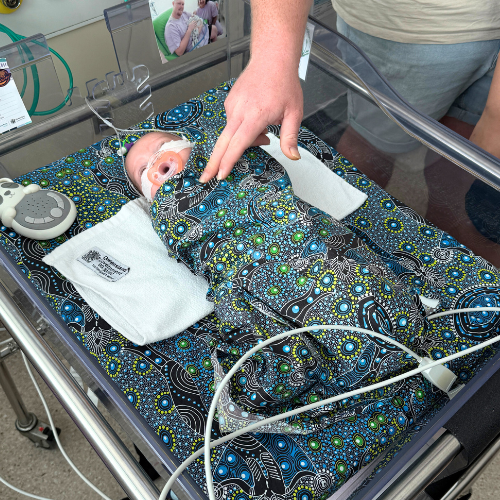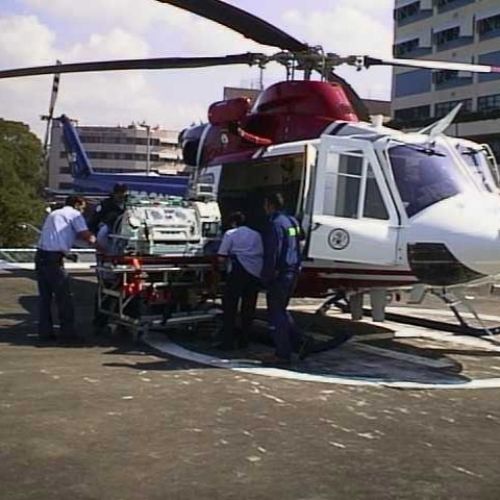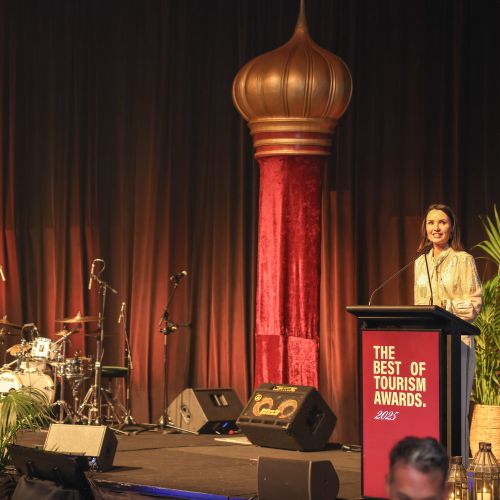Changes in testing for Gestational Diabetes Mellitus (GDM), accelerated by COVID-19 and formally evaluated through an RBWH Foundation research grant, have been incorporated into Queensland Clinical Guidelines for pandemic screening.
“These changes have been to the benefit of many pregnant women in Australia and have the potential to permanently alter the course of GDM screening on a global scale,” said RBWH Senior Dietitian and Research Fellow, Dr Susan de Jersey (pictured below with patient Kira Vercruyssen and partner James Maclean).
About 15 per cent of pregnant Australians are diagnosed with GDM, usually between the 24th and 28th weeks of pregnancy. As a result, more than 300,000 oral glucose tests are performed in Australia each year, requiring pregnant women to sit for 2-3 hours in a pathology laboratory. The emergence of COVID-19 severely impacted this option.

“During planning for the pandemic, RBWH researchers were able to mesh local data with urgent health care priorities, to spearhead GDM screening and diagnosis changes,” said Dr Jersey.
RBWH developed a new algorithm which minimised the risk of virus exposure and subsequently reduced the burden on the health system. They offered women a one-off fasting blood test and only proceeded to traditional oral glucose testing if results indicated an elevated fasting blood glucose level.
As a result, about 19 in 20 women avoided the lengthier test.
The guidelines have also been adopted by the Australasian Diabetes in Pregnancy Society for pandemic screening.
“A reduction in unnecessary glucose testing may well be one of the silver linings to the cloud cast by COVID-19,” said RBWH Foundation CEO Simone Garske.
“To think RBWH Foundation funded research may reduce the need for this test for potentially thousands of women each year is extremely exciting.”
The research team evaluated the impact of the changes on both maternal and infant outcomes, and on screening process measures including cost.
Learn more about breakthrough research funded through the extraordinary power of giving here.










